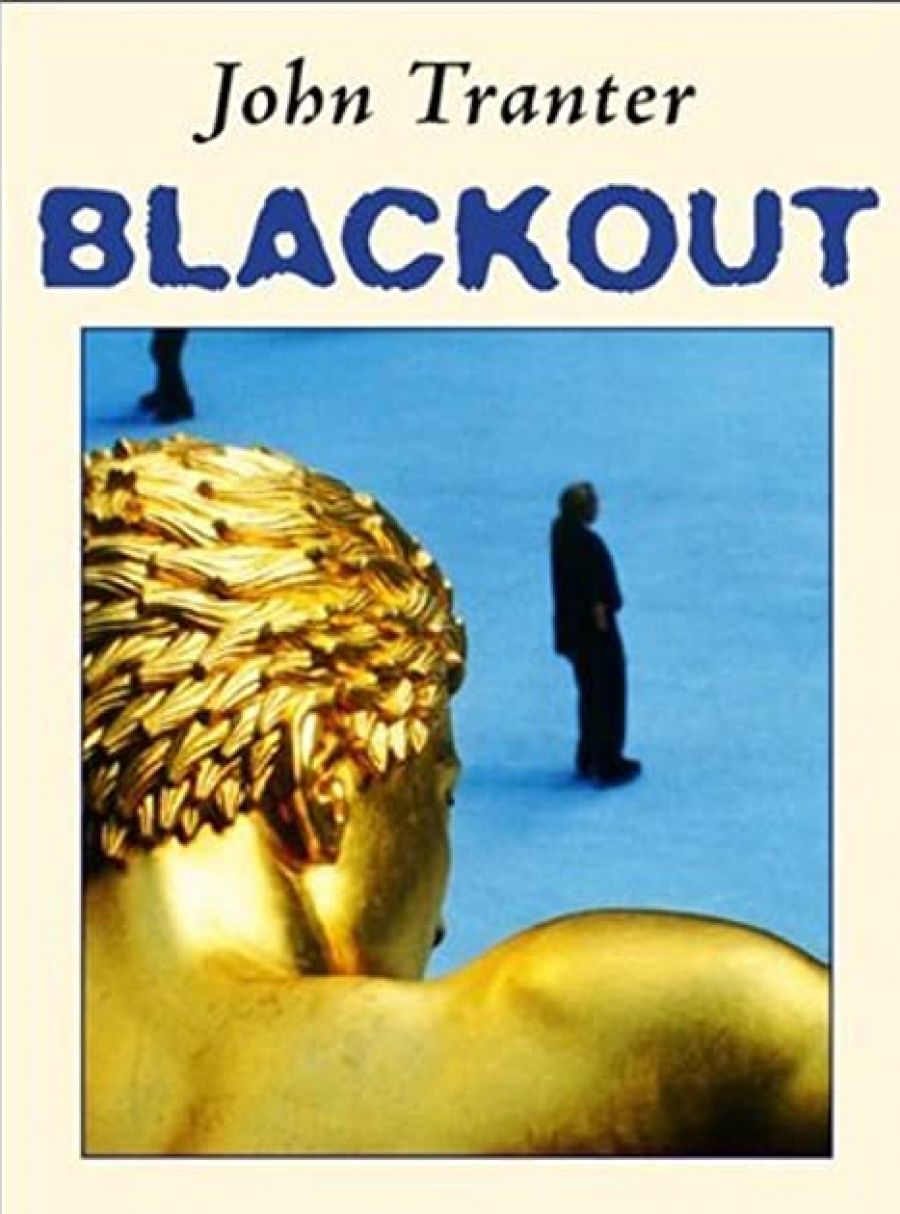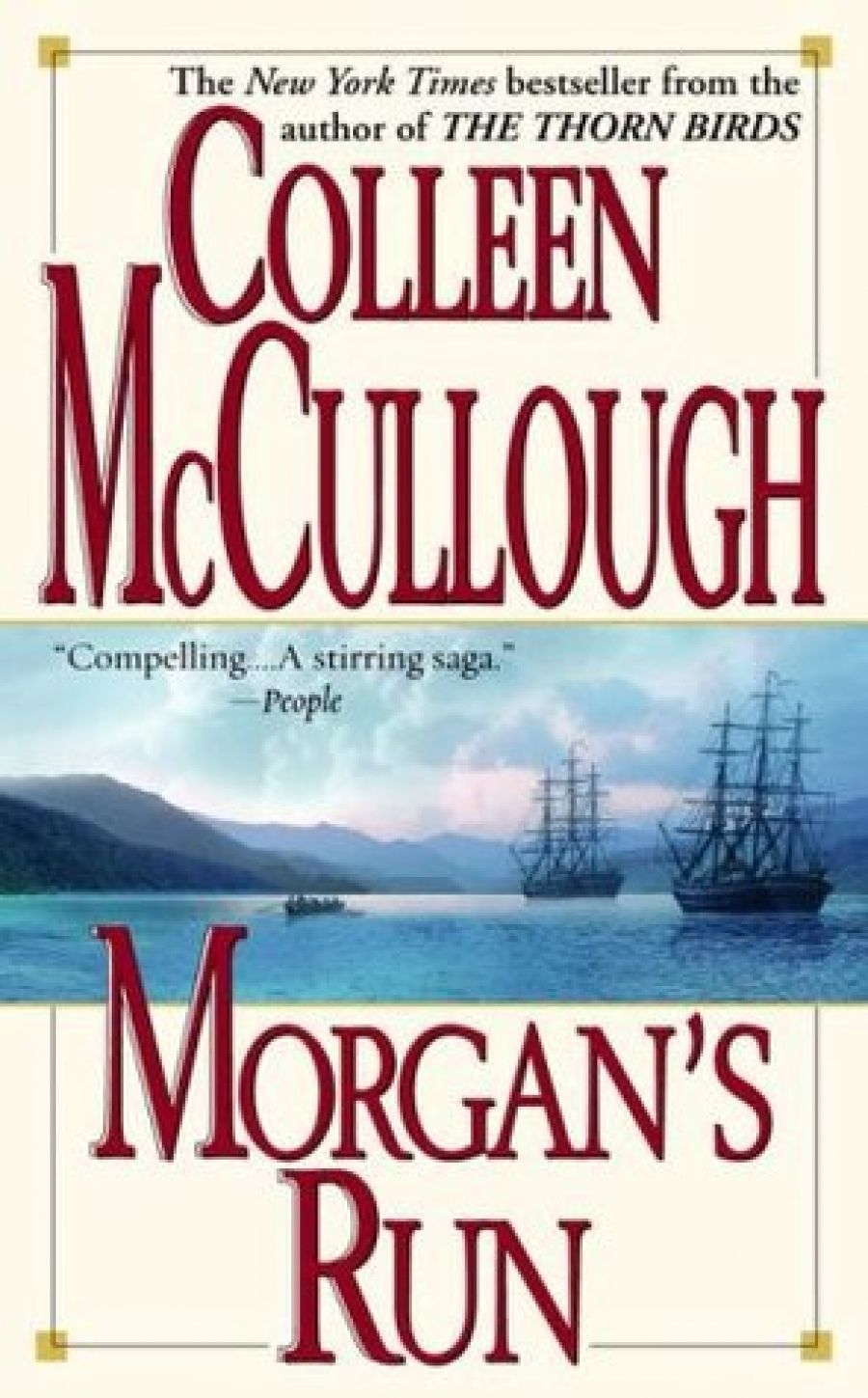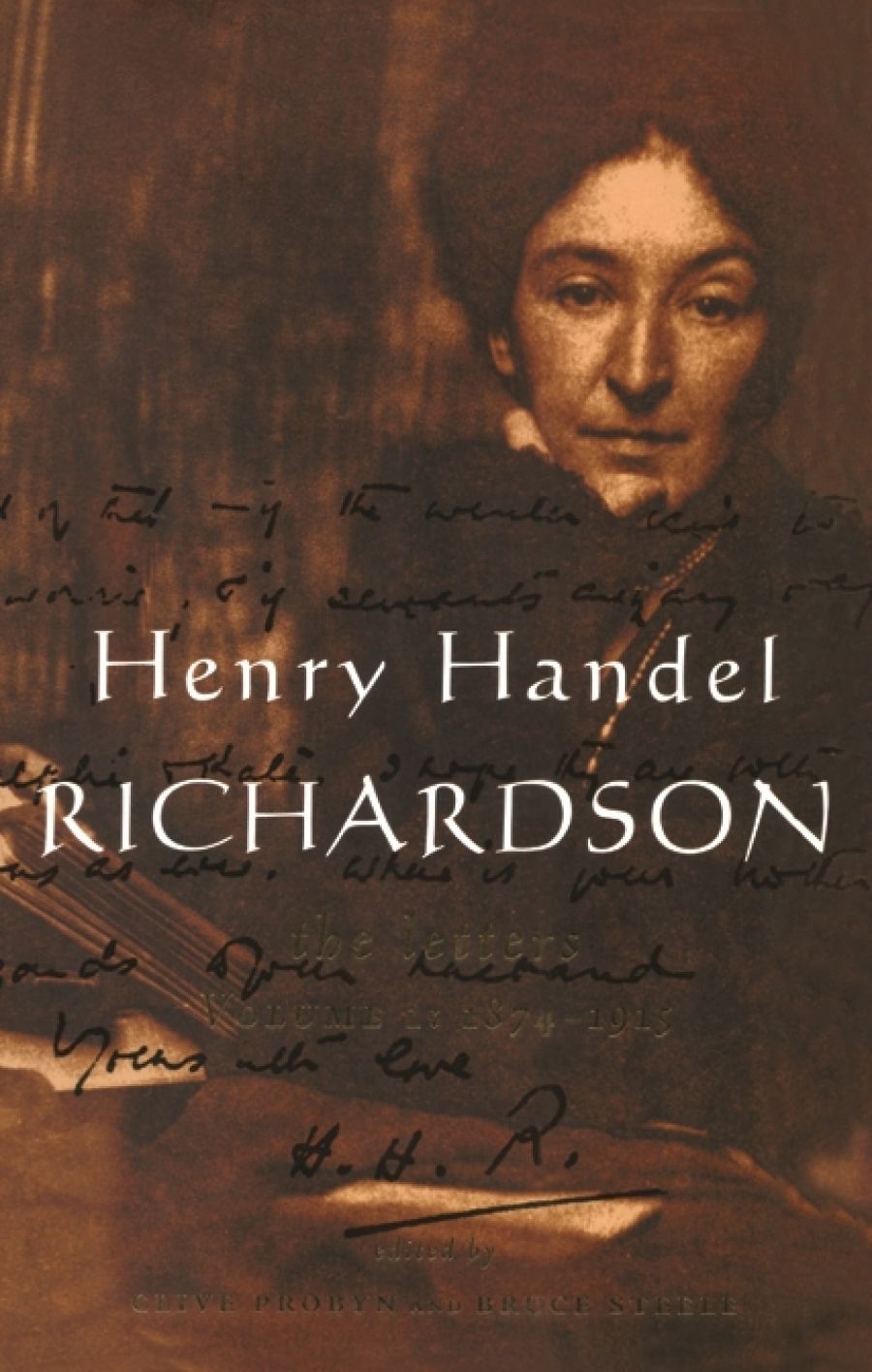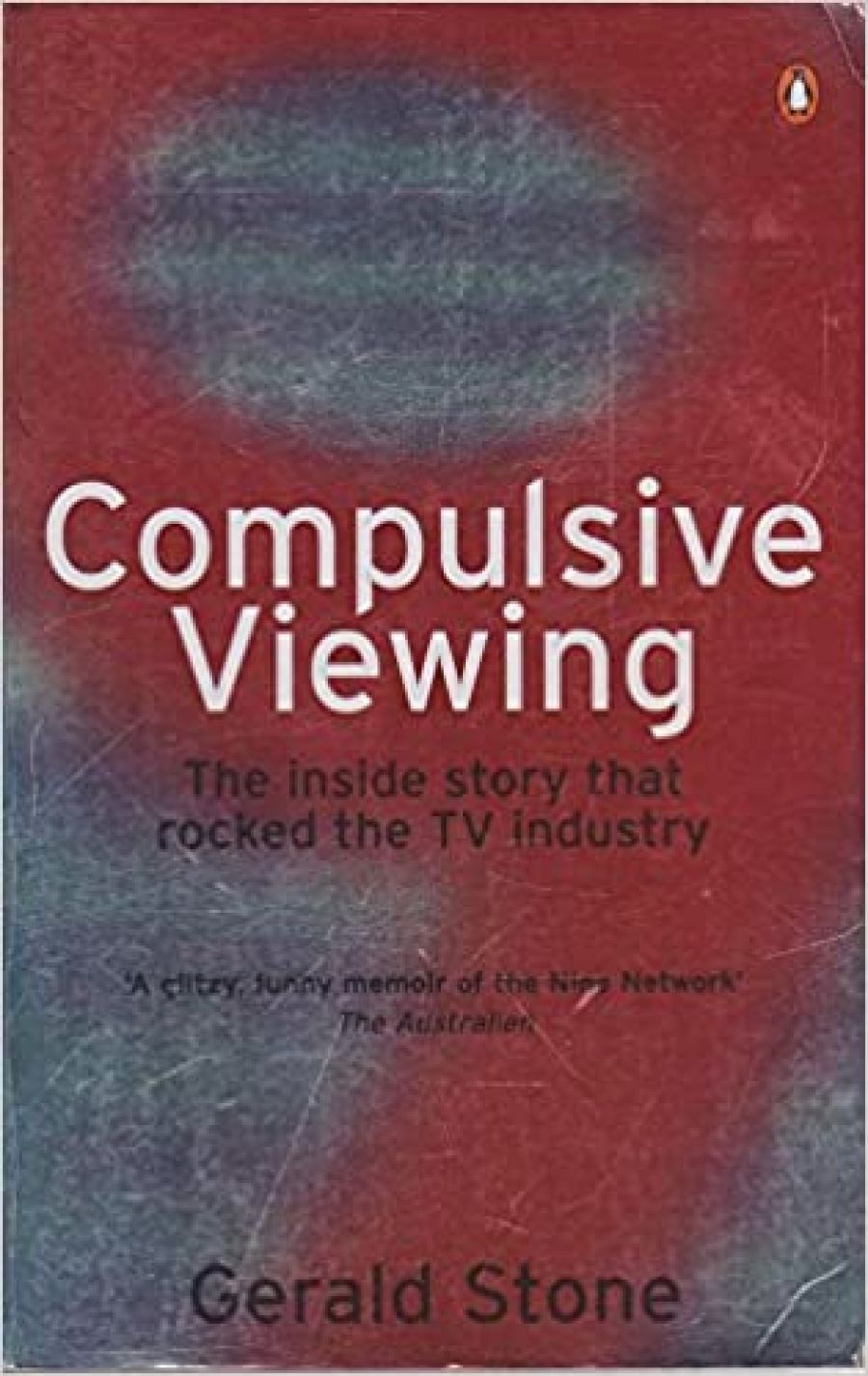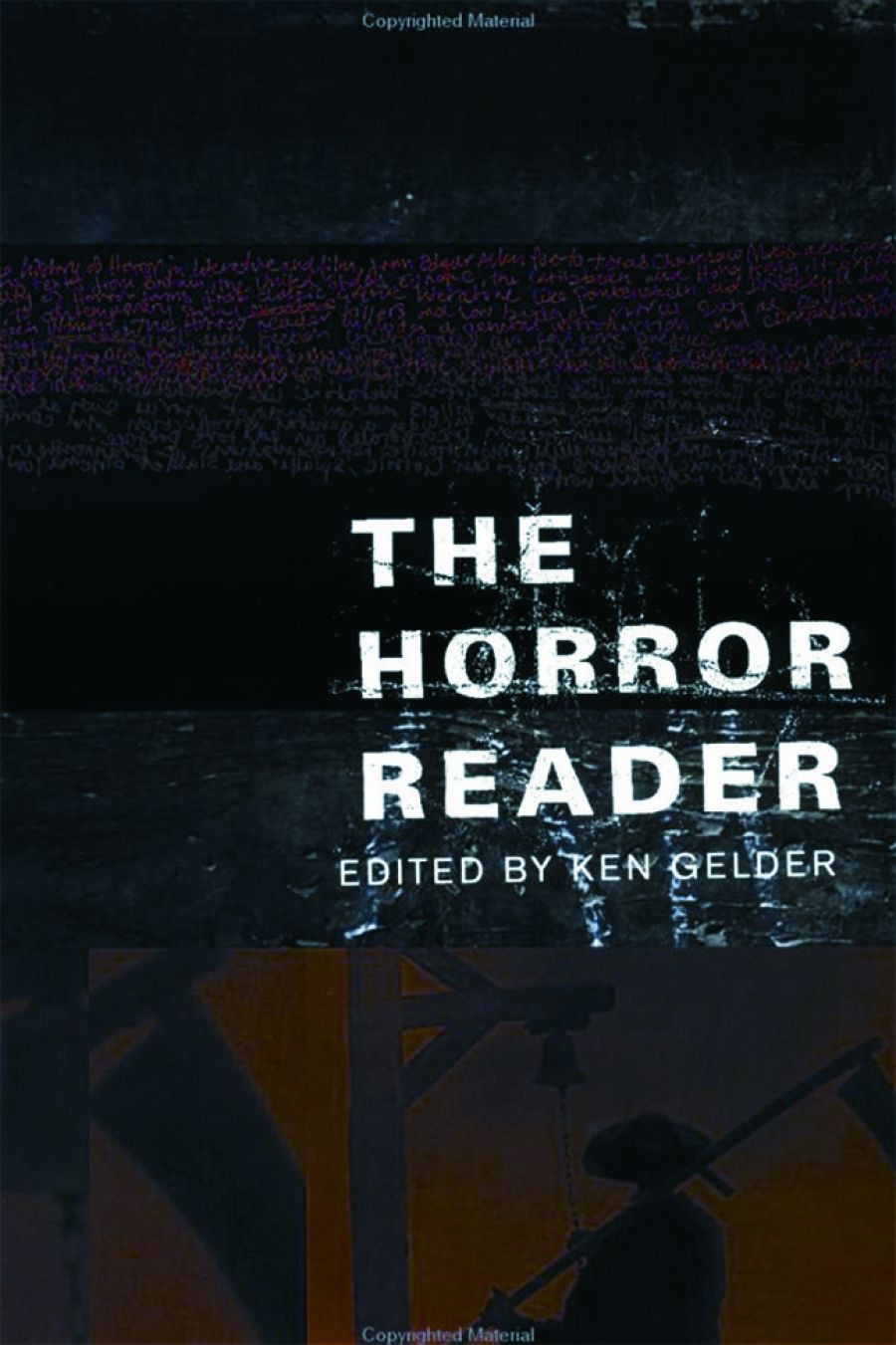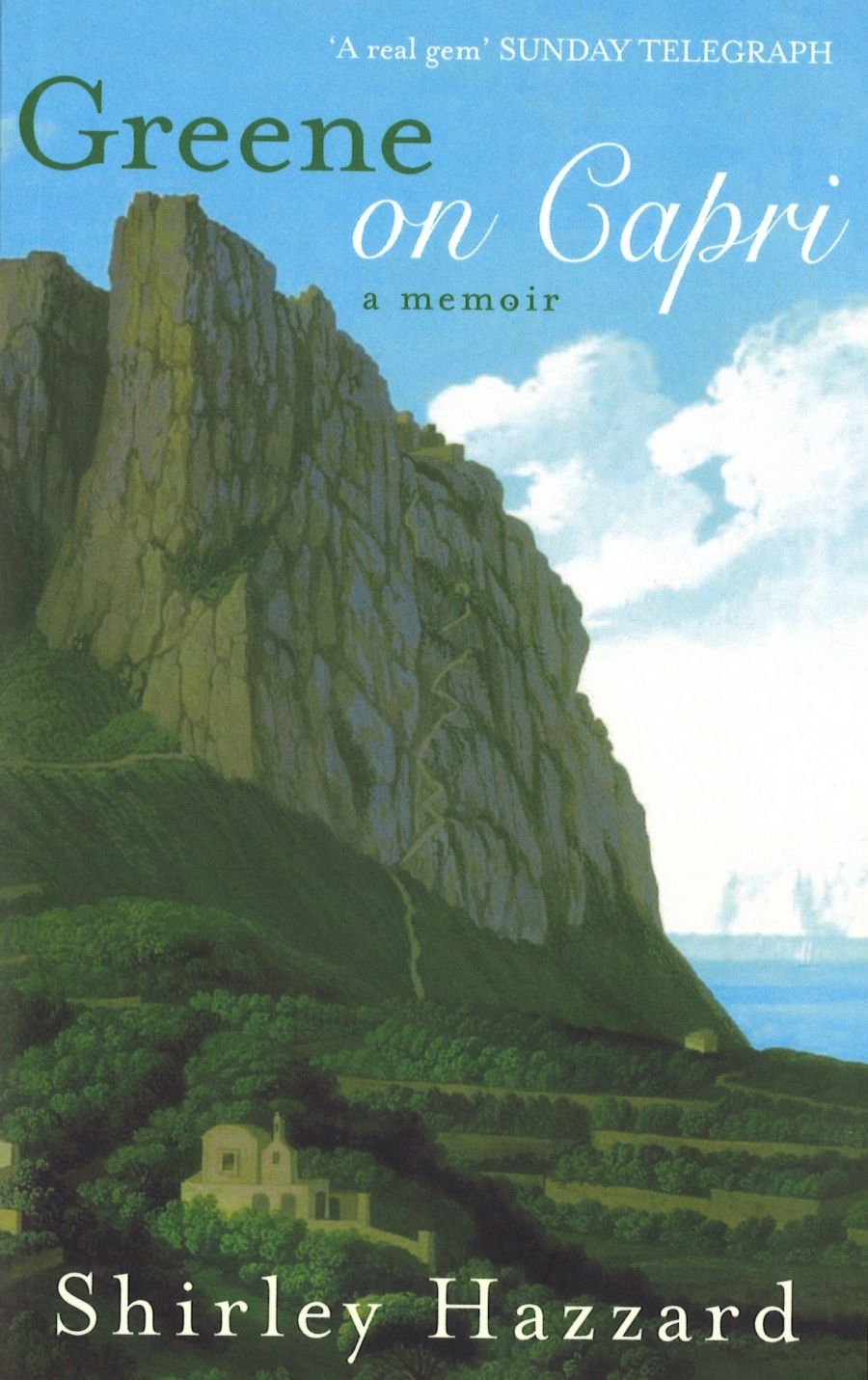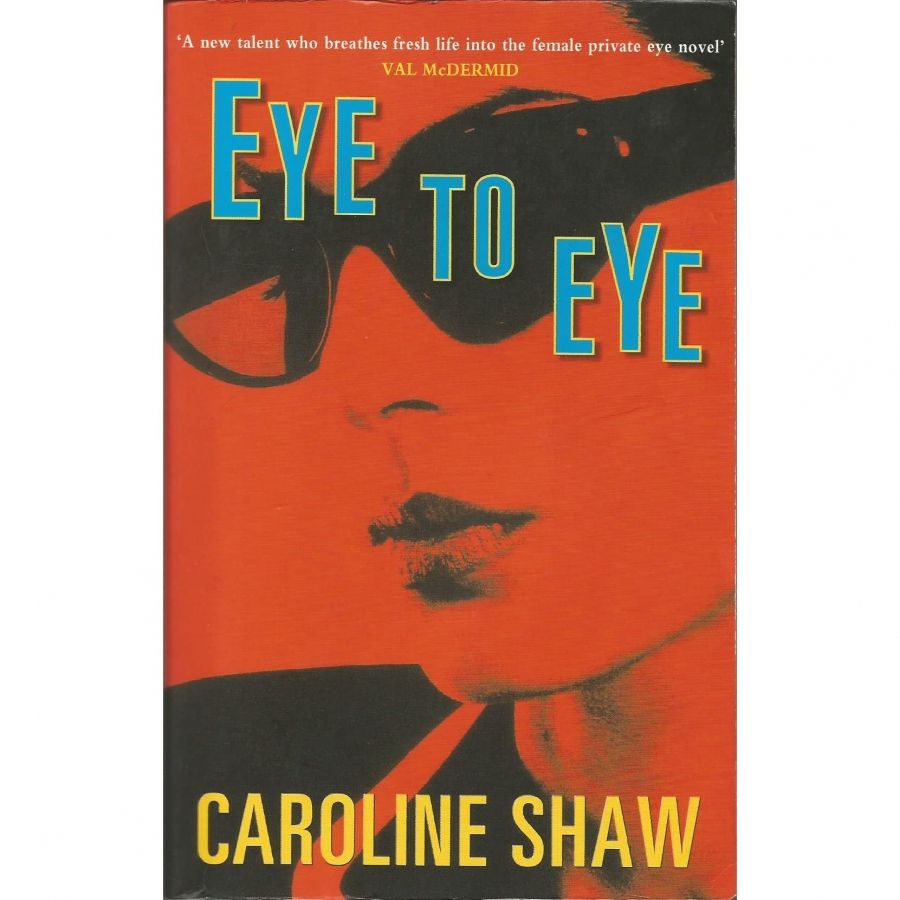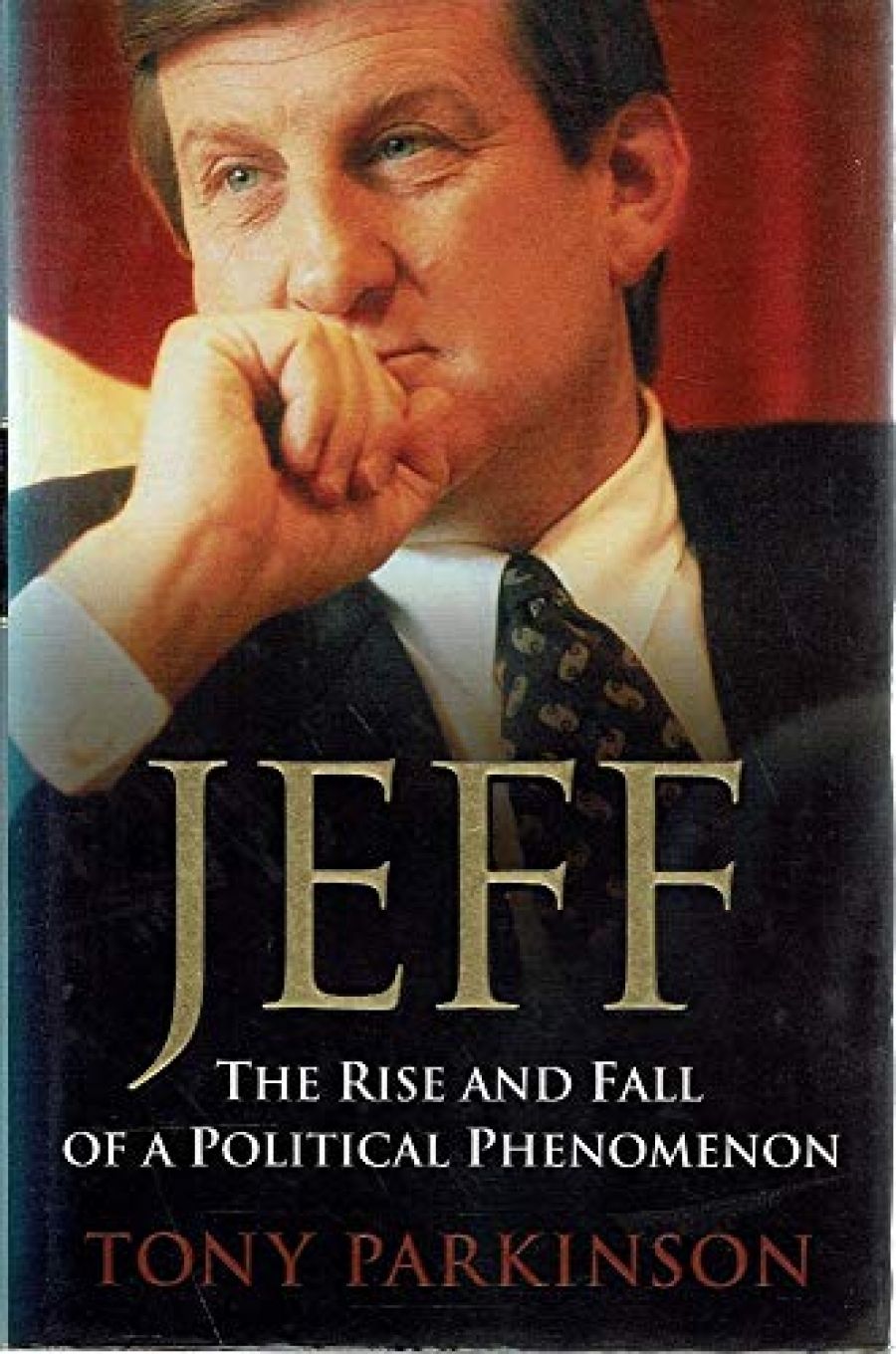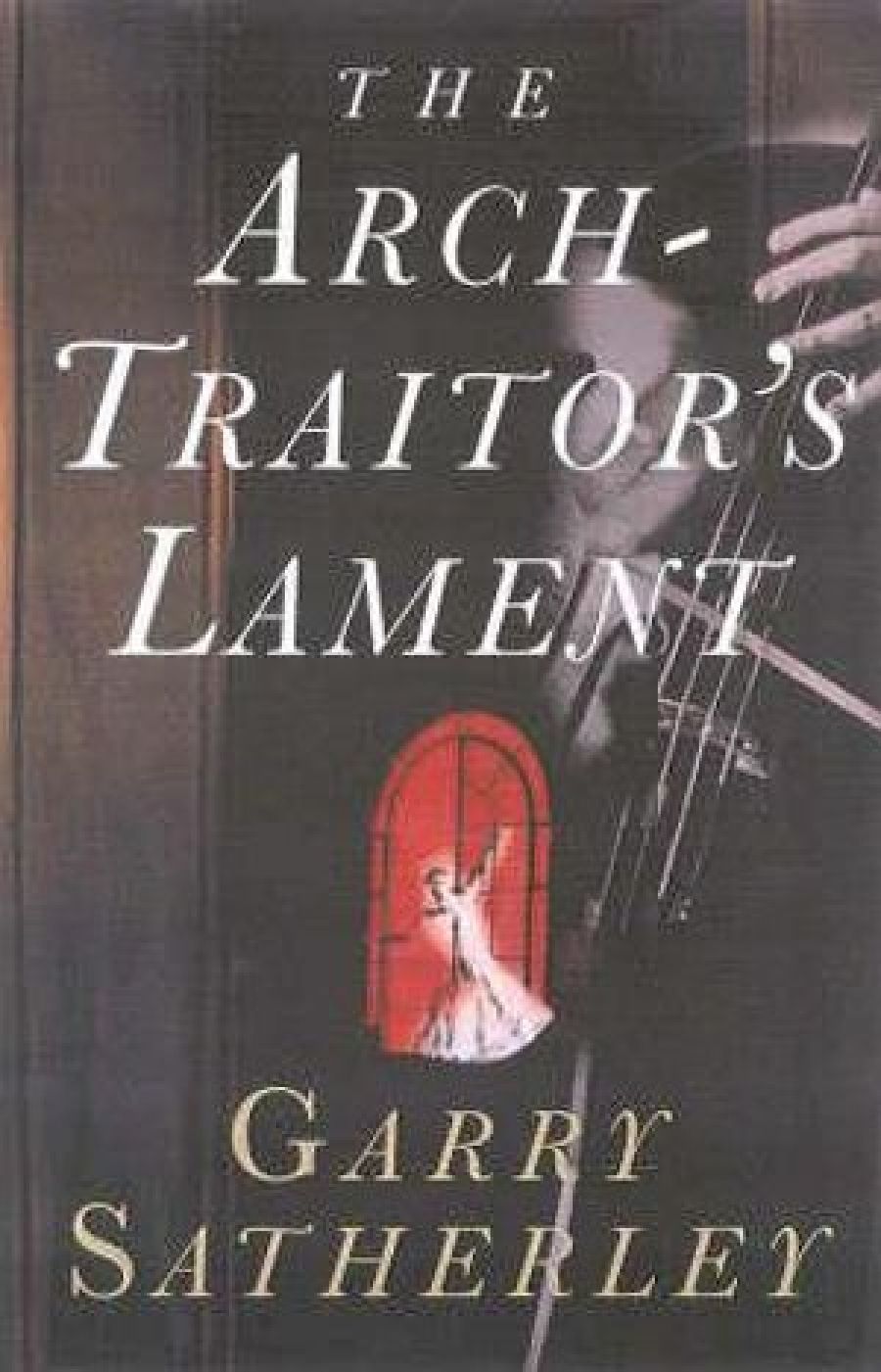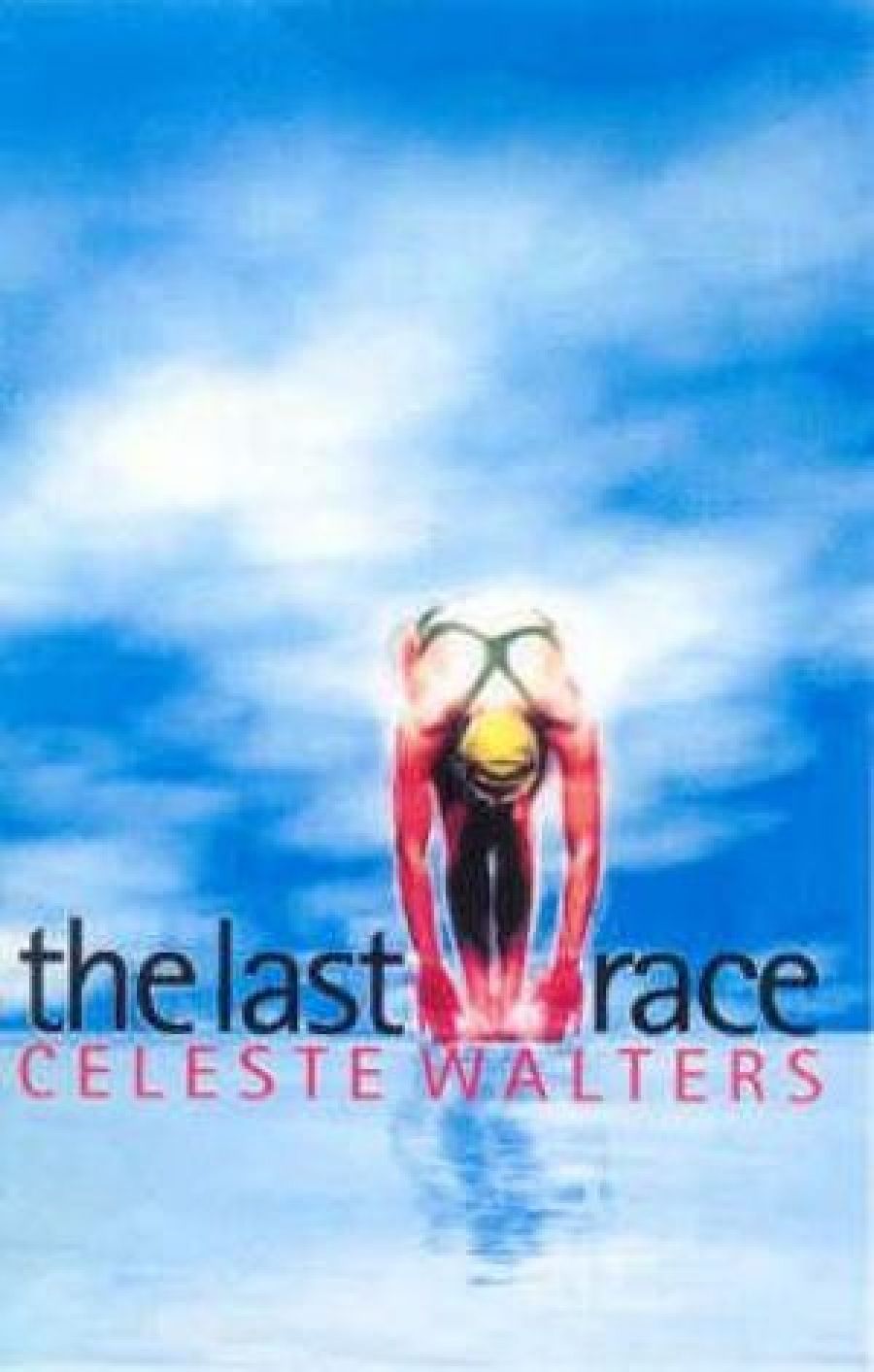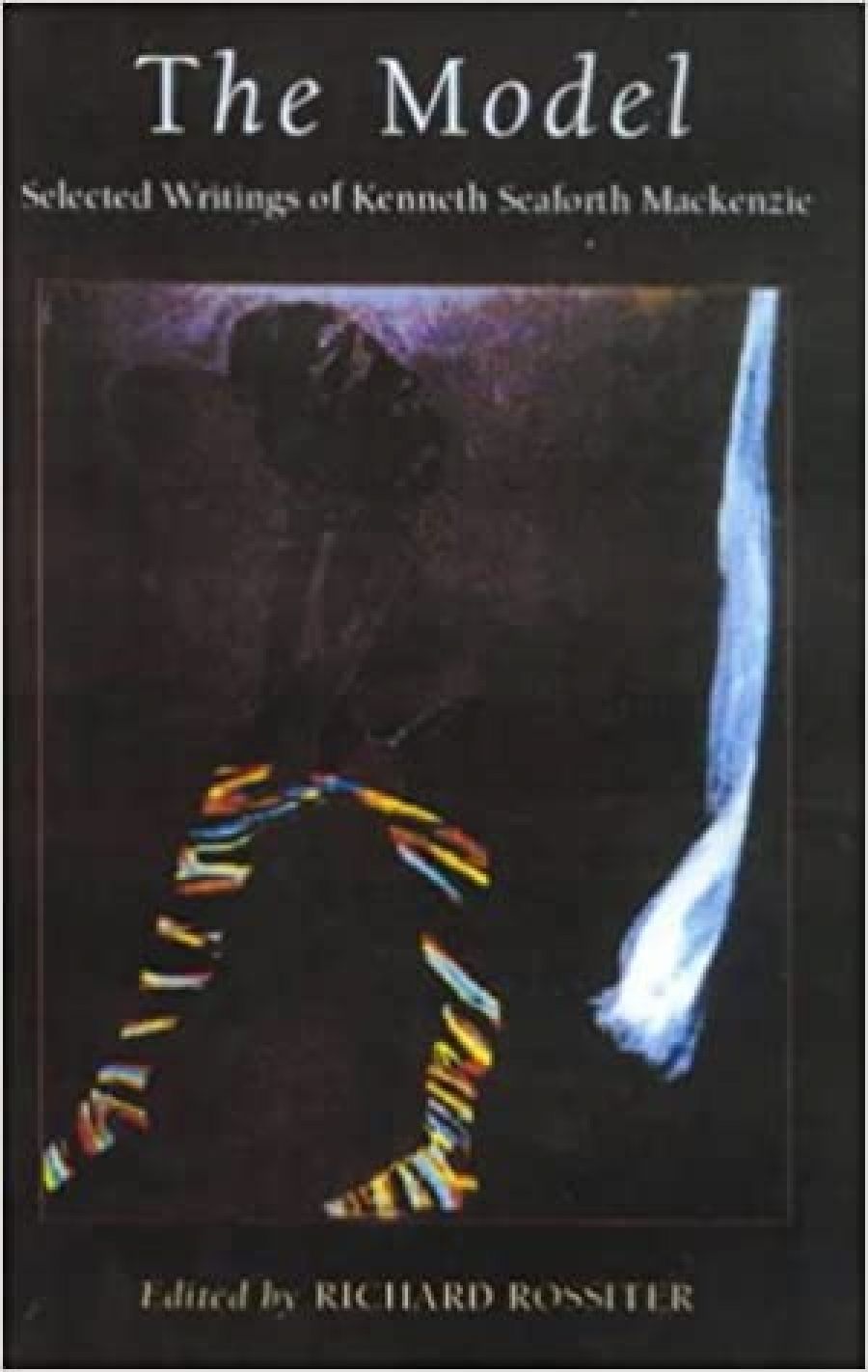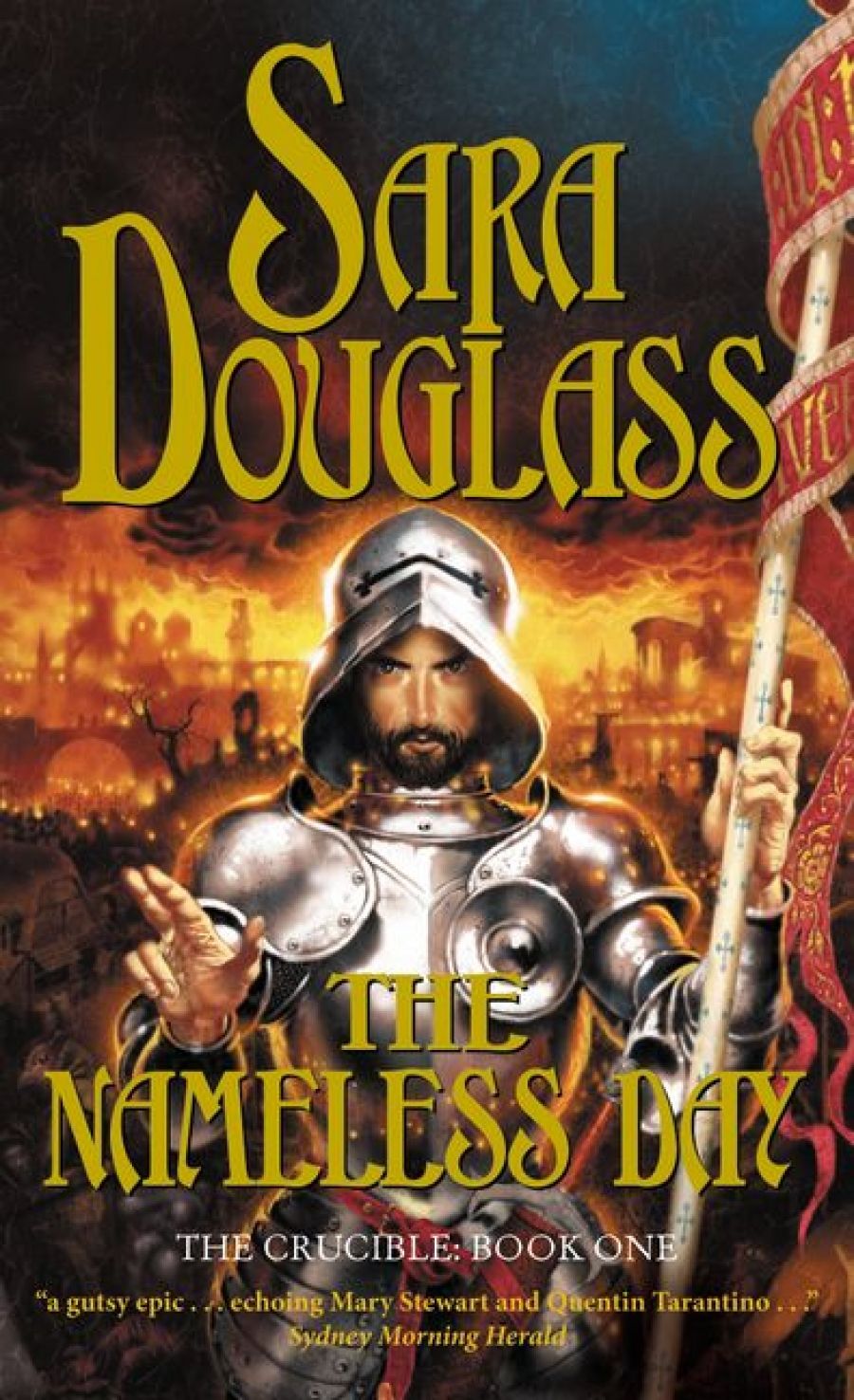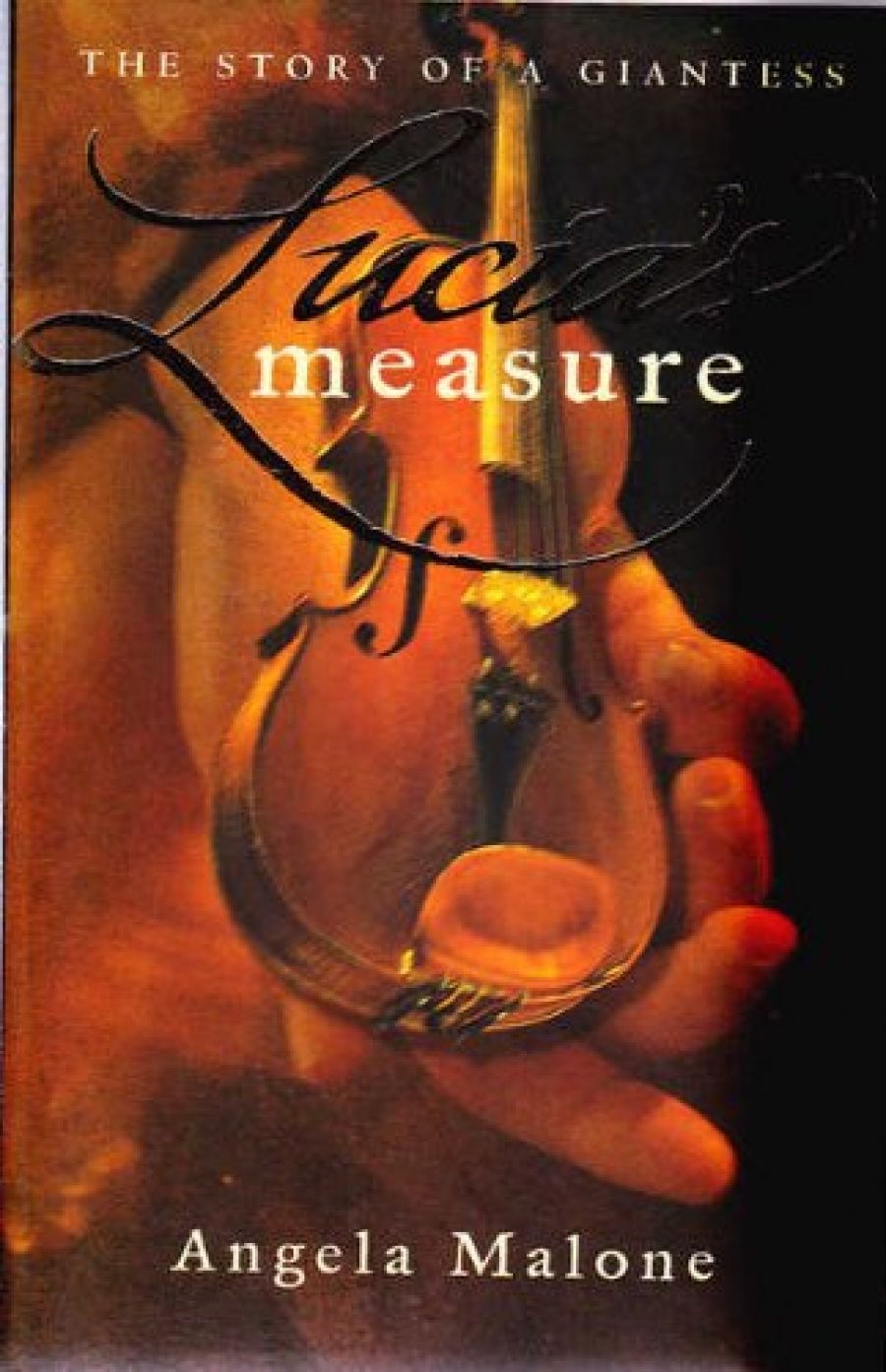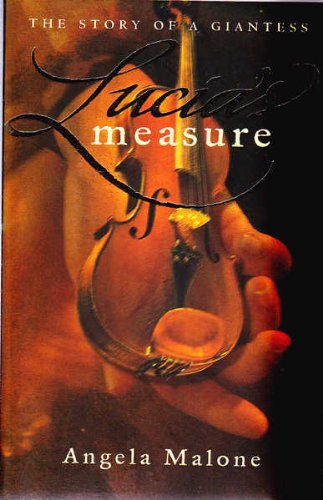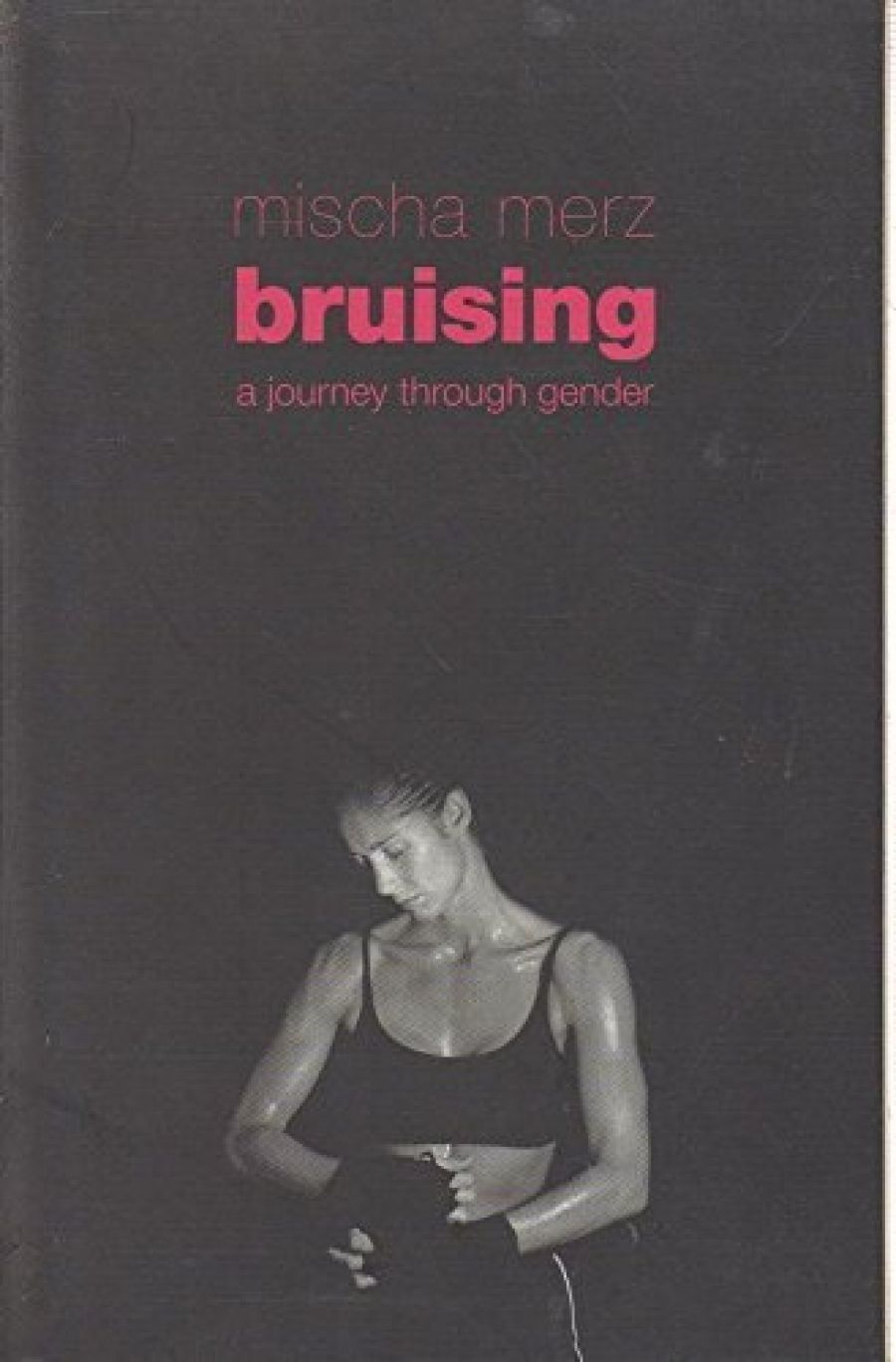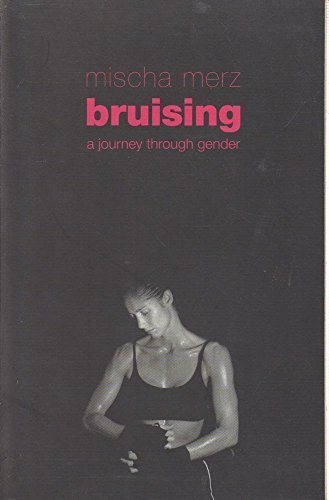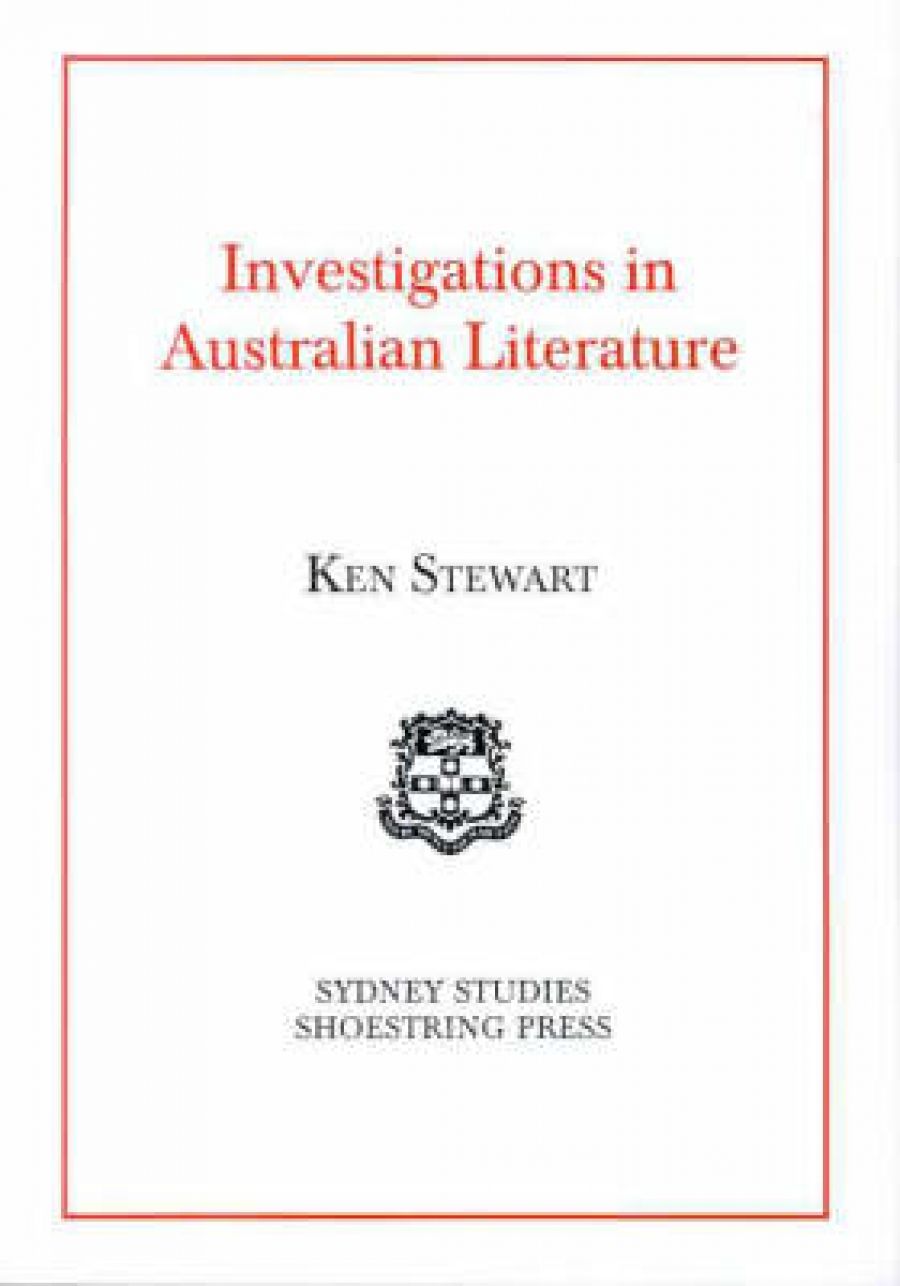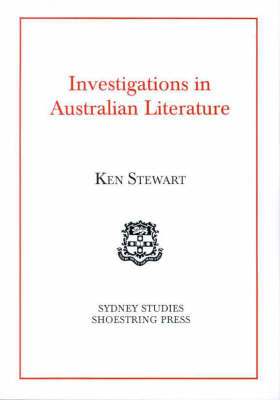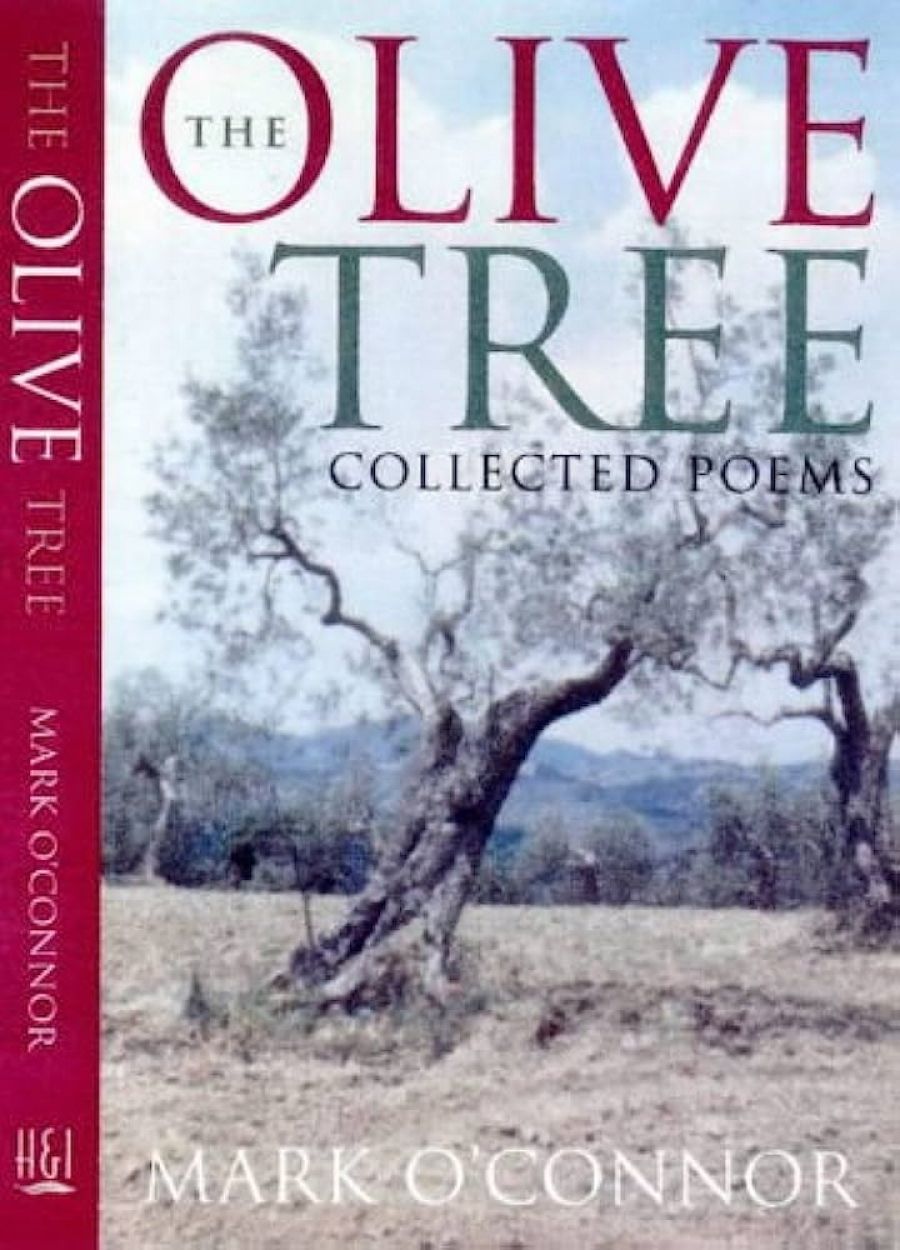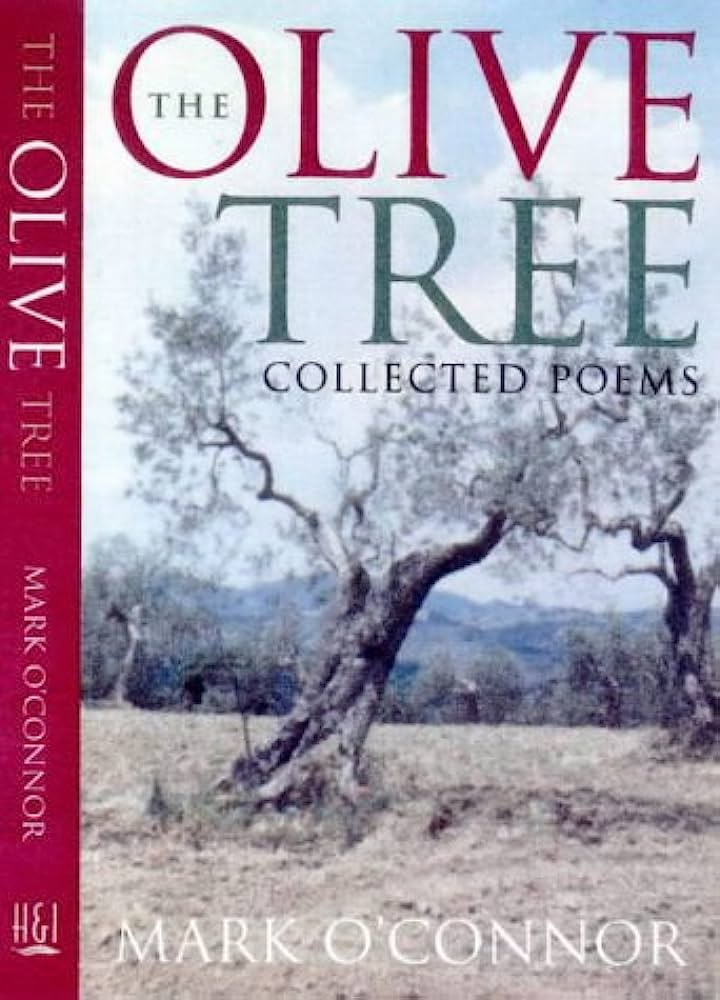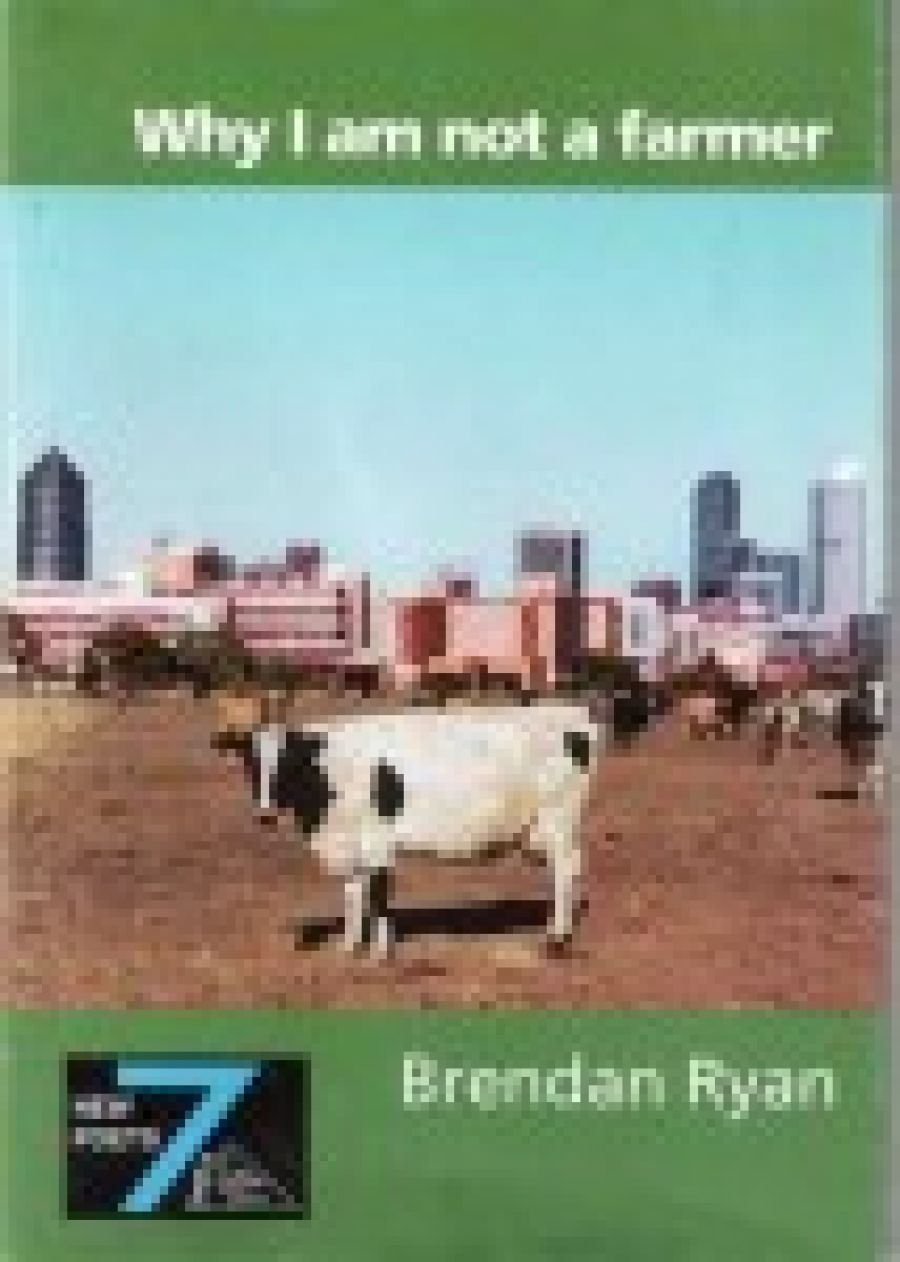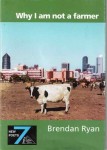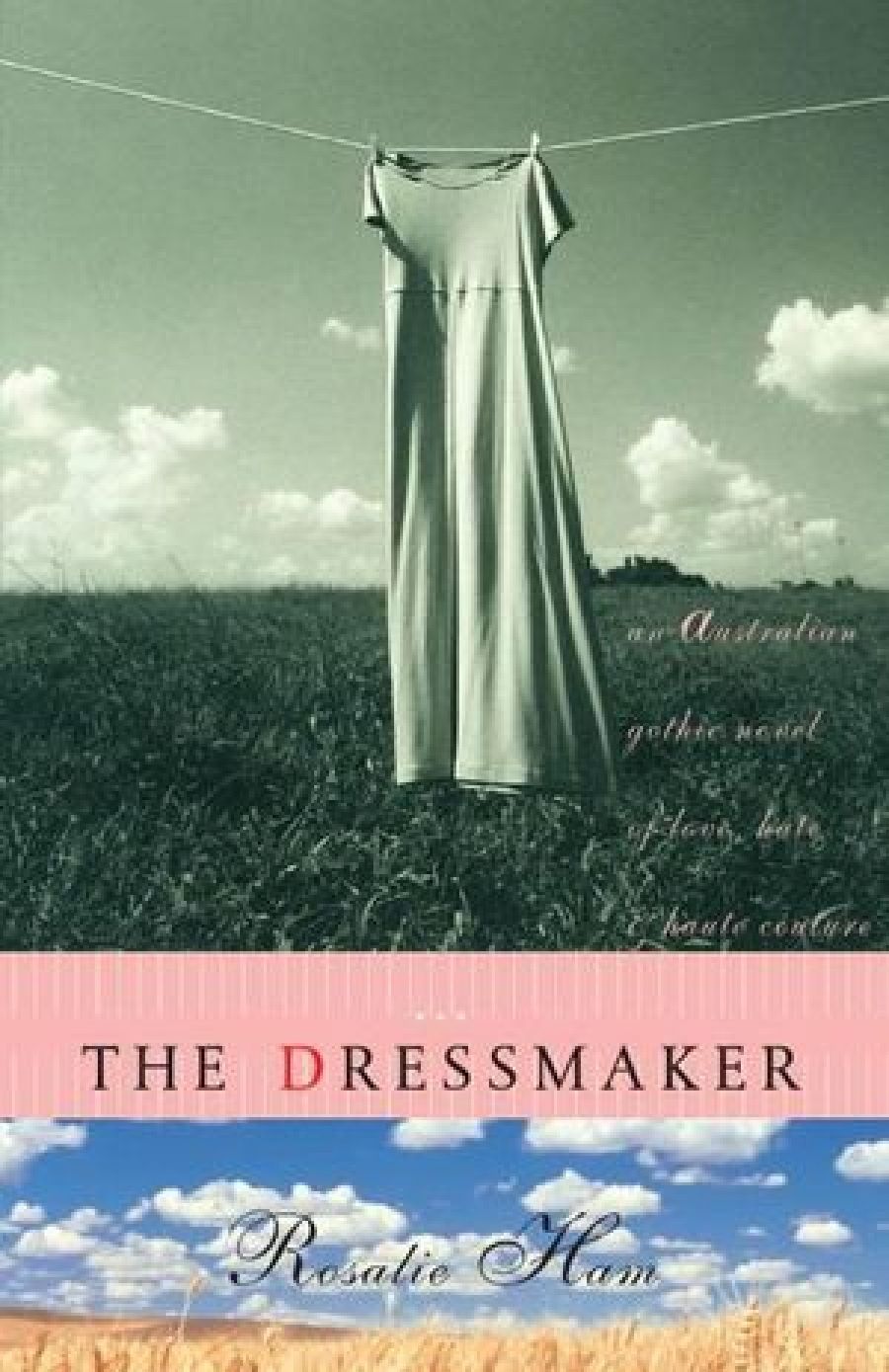
- Free Article: No
- Contents Category: Fiction
- Review Article: Yes
- Online Only: No
- Custom Highlight Text:
Set in the 1950s in a tiny Australian country town called Dungatar, Rosalie Ham’s The Dressmaker explores the rippling effects of chaos when a woman returns home after twenty years of exile in Europe. Tilly Dunnage was expelled from Australia in a fog of hate and recrimination; her neighbours have never forgiven her for an act Tilly thought was predicated upon self-preservation, but others chose to see as manslaughter. Returning to look after her senile mother, Tilly sits in a ramshackle house atop a hill while the town people below bitch and snipe at her with rancorous glee. This is a story about loose lips and herd mentality bullying in a town where everybody knows your past. The dressmaking title refers to Tilly’s fabulous seamstress skills (she learnt the trade overseas). But even her ability to transform the frumpiest shapes into figures of grace does not mellow the unforgiving hearts of her neighbours.
- Book 1 Title: The Dressmaker
- Book 1 Biblio: Duffy & Snellgrove, $18.95 pb, 296 pp
- Book 1 Readings Link: booktopia.kh4ffx.net/WB9e3
- Book 2 Title: Black Hearts
- Book 2 Biblio: Random House, $18.60 pb, 400 pp
- Book 2 Cover Small (400 x 600):
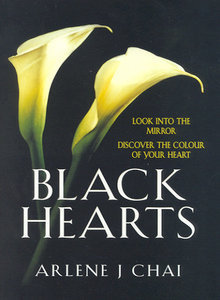
- Book 2 Cover (800 x 1200):

- Book 2 Cover Path (no longer required): images/1_SocialMedia/2021/Jan_2021/7945951.jpg
Set in the 1950s in a tiny Australian country town called Dungatar, Rosalie Ham’s The Dressmaker explores the rippling effects of chaos when a woman returns home after twenty years of exile in Europe. Tilly Dunnage was expelled from Australia in a fog of hate and recrimination; her neighbours have never forgiven her for an act Tilly thought was predicated upon self-preservation, but others chose to see as manslaughter. Returning to look after her senile mother, Tilly sits in a ramshackle house atop a hill while the town people below bitch and snipe at her with rancorous glee. This is a story about loose lips and herd mentality bullying in a town where everybody knows your past. The dressmaking title refers to Tilly’s fabulous seamstress skills (she learnt the trade overseas). But even her ability to transform the frumpiest shapes into figures of grace does not mellow the unforgiving hearts of her neighbours.
Read more: Thuy On reviews 'The Dressmaker' by Rosalie Ham and 'Black Hearts' by Arlene J. Chai
Write comment (0 Comments)

